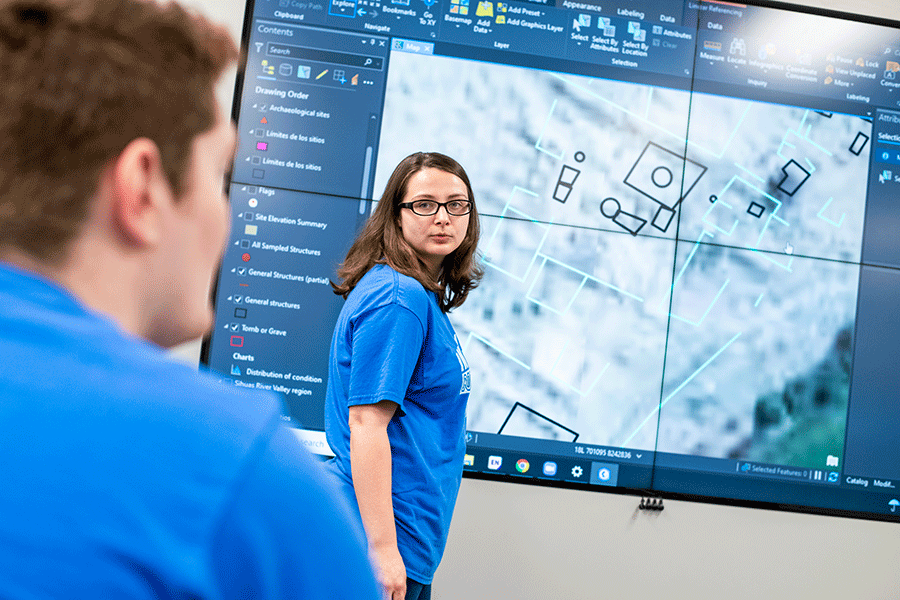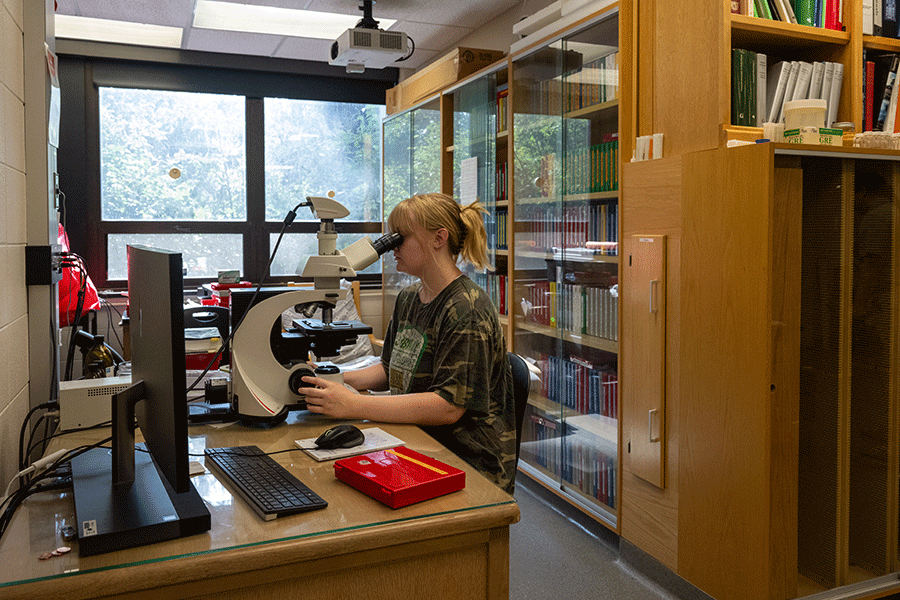Why Earn a Bachelor’s Degree in Environmental Geoscience at Indiana State?
The Environmental Geosciences BS at Indiana State prepares you to address pressing environmental issues by integrating geology, hydrology, and ocean and atmospheric sciences into a broad and comprehensive program of study. Graduates are prepared for careers in environmental consulting, resource management, policy development, and related fields.
Study the Environment
Planet Earth is a dynamic and ever-changing place. Through coursework, labs, internships, and field trips, you will develop valuable research skills and gain experience evaluating humans’ impact on the Earth’s environment.
Environmental geosciences majors have the option to personalize elective courses to cover a broad curriculum of geoscience topics, or to focus more specifically on a chosen discipline. For instance, you may choose to specialize in water resources, geochemistry, micropaleontology, or forest ecology.
Learn from Our Excellent Faculty
Our professors bring industry and scholarly experience in environmental research and geoscience to every class and lab they teach. They educate students in the traditional geoscience disciplines and other research areas, including environmental geology, climate change, geochemistry, quaternary sciences, paleoceanography, paleoecology, paleoclimatology, and geobiology. Faculty have research projects throughout the United State and abroad on topics including:
- Heavy metals in urban soils
- Modern and ancient lake levels
- Changes in paleovegetation
- Marine and lake food webs
- Paleocirculation in the world’s ocean
- Geochemistry of coal-related acid mine drainage systems
- Use of tree-rings to reconstruct environmental variables, including fire history, insect outbreak, and climate
Small class sizes mean that professors provide personalized feedback and one-on-one mentorship. Environmental Geoscience students may have opportunities to participate in faculty-led research projects, fieldwork, and field trips.
Conduct Research in Our Labs
Learn more about environmental geoscience and related geology topics while conducting research in laboratories inside the Department of Earth and Environmental Systems. Labs are equipped with state-of-the-art instrumentation and resources. They include:
- Atmosphere and Ocean Systems Laboratory
- Biogeochemistry Laboratory
- Geospatial and Virtual Archaeology Laboratory and Studio
- Dendrochronology Laboratory
- Paleoecology and Micro-Archaeobotany Laboratory
- Paleolimnology Laboratory
- Visualization Classroom
What You'll Learn in the Environmental Geoscience Program
The Environmental Geoscience BS provides a solid foundation in environmental science, chemistry, mathematics, water resources, paleoecology, climatology, geochemistry, geographic information science (GIS), and physical geology. The program emphasizes laboratory and field experiences. You can complete our environmental geoscience bachelor’s degree program in four years of full-time study.
You can also complete an internship. Our program offers opportunities for you to work as a staff geoscientist, environmental scientist, or environmental manager in public and private organizations or agencies. The internship requires a written report and an evaluation by the employer.
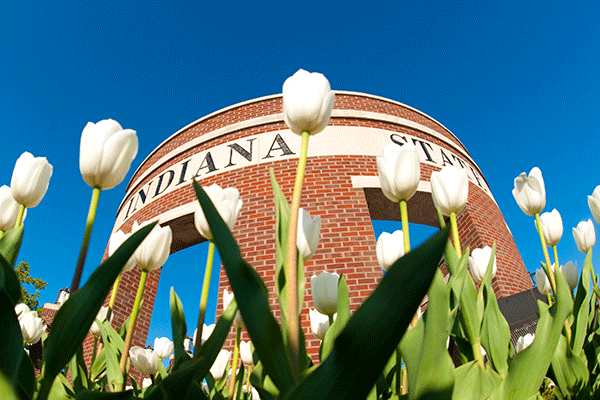
Transfer Credit
Indiana State University accepts credit from regionally accredited colleges and universities within the United States, and from selected schools located outside the United States. Credit also may be granted for military training and experience. Previously earned college credit can be applied toward completion of the program per Indiana State's transfer guidelines.
Transfer GuidelinesCareer Possibilities for Environmental Geoscience Majors
Employers hire environmental geoscientists to find energy and mineral resources, as well as to provide consultation on environmental policies and justice, and on the impact humans exert on the environment.
Our graduates are employed by federal agencies, state geological surveys, departments of natural resources, environmental management firms, consulting firms, exploitation companies, industrial and commercial companies, mining operations, research labs, water treatment plants, well drilling companies, petroleum and natural gas companies, and private environmental engineering firms. Many of our students also pursue graduate study following graduation.

Study Abroad and Experience Other Cultures
Expand your cultural horizons by experiencing other nations and places in the world. Our Education Abroad Office will assist you in planning and preparing for an amazing study-abroad opportunity – whether that’s a weeklong, faculty-led tour, a month-long summer excursion, or a full semester of overseas study. Choose from more than 350 study-abroad programs in 60 countries.
Visit our Education Abroad OfficeRelated Programs
-
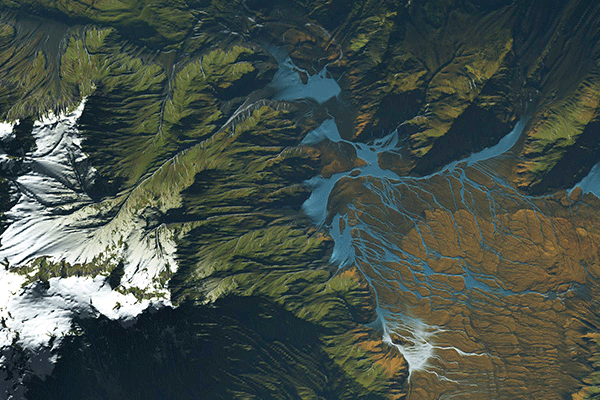
Sustainability and Environmental Studies (BA, BS)
Bachelor's
-
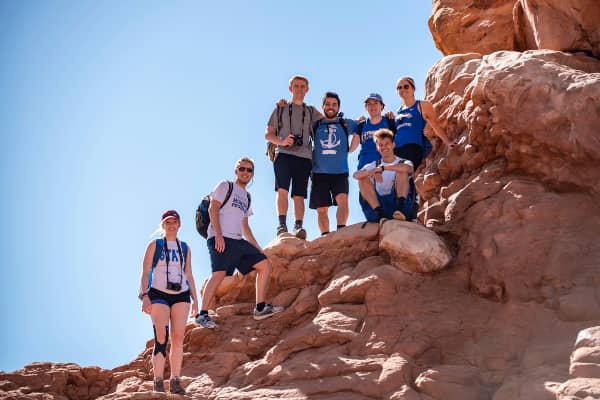
Geology (BS)
Bachelor's
